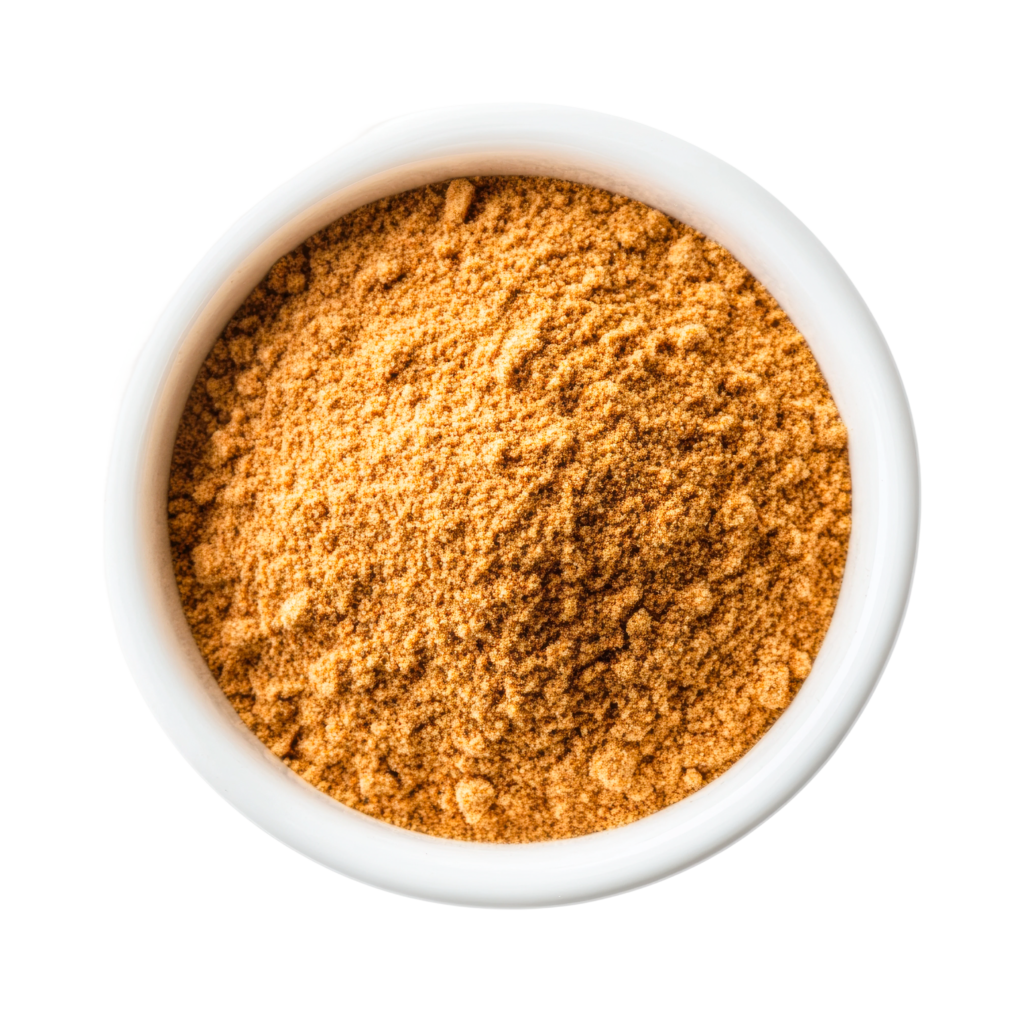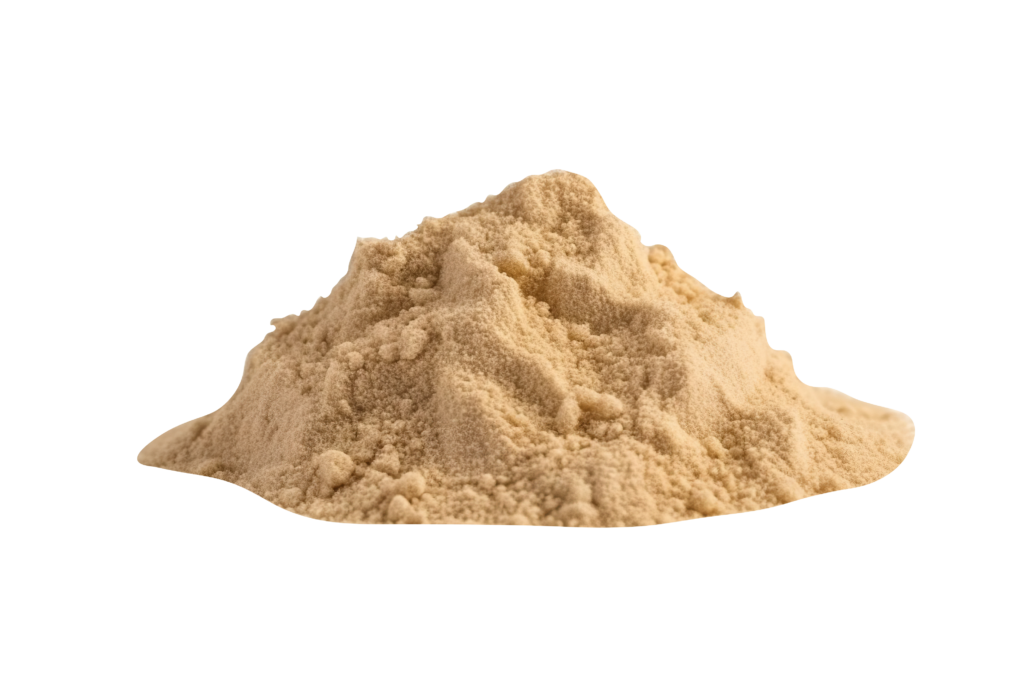
Mango powder
Process of making Mango powder
Washed, peeled, and cut the flesh into small, even cubes.
Dehydrated, Baked or sun dried until crisped.
Grind dried mango slices into a fine powder.
Natural value of Mango Powder
Mangiferin, Beta-Carotene and Polyphenols & Flavonoids
Calories: 320-350 kcal per 100gm
Carbohydrates: 85-90g per 100gm
Natural Sugar: 50-60g per 100gm
Dietary Fiber :8-10g per 100gm
Protein : 2-4g per 100gm
Fat: <1g per 100gm
Vitamin A (beta-carotene): 900-1,100 IU per 100gm
Vitamin C: 20-30mg per 100gm
Vitamin E: 1.5-2mg per 100gm
Folate (B9): 30-40 µg per 100gm
Potassium: 300-400mg per 100gm
Calcium: 30-50mg per 100gm
Magnesium: 40-60mg per 100gm
Iron: 1-2mg per 100gm
Important Consideration
Sugar free vs with sugar
Choose sugar-free mango powder for the best nutritional value, especially if you’re aiming for natural energy,
immunity support, or blood sugar control.
Reserve sugar-added versions for treats or recipes where sweetness is specifically needed.
Active Ingredients:
Beta-Carotene (Provitamin A), Vitamin C (Ascorbic Acid), Mangifera, Dietary Fiber (Soluble & Insoluble), Flavonoids
(Quercetin, Kaempferol, Astragalin), Potassium, Folate (Vitamin B9), Tannins and Iron & Magnesium.
Other benefits of Mango powder :
Mango powder offer numerous health benefits, such as Rich in Antioxidants, Boosts Immune Function, Supports
Eye Health, Promotes Heart Health, Aids Digestion, Supports Iron Absorption, Hydration & Skin Health, Convenient & Shelf Stable and Natural Energy Source.

